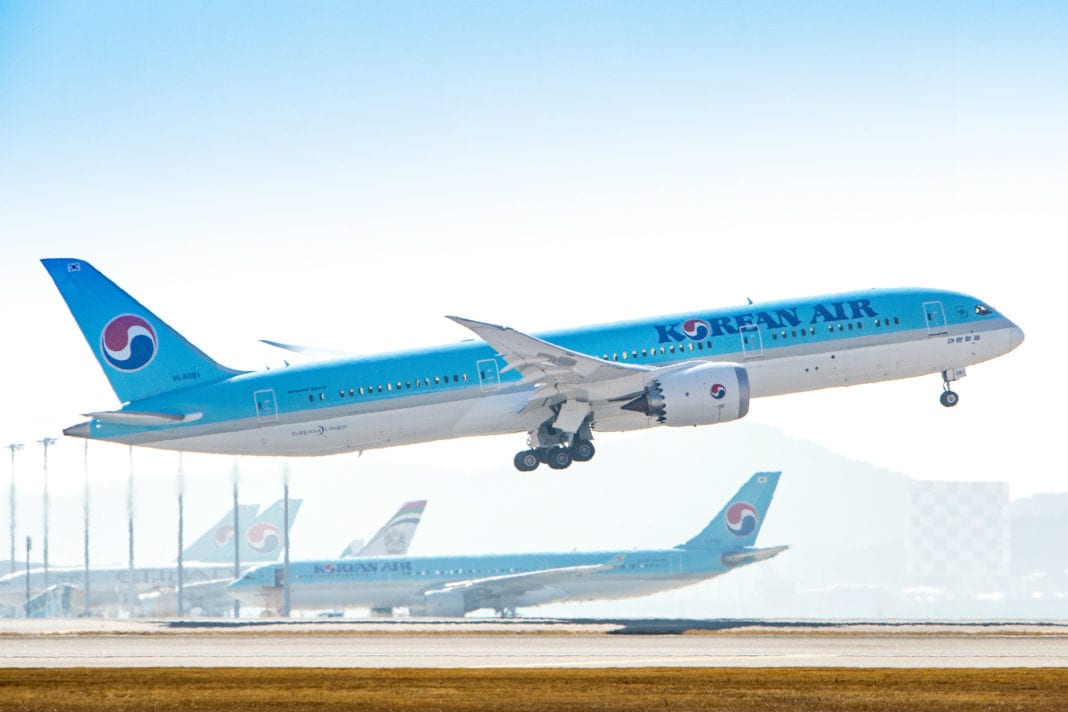At the inauguration of Kenya’s President Kenyatta last year, in front of a jubilant crowd, the nation was all confident that, having just ended a bruising election contest and subsequent legal battle in the Supreme Court, the country could move forward and unite, enjoy economic growth, and embark on a number of infrastructure projects like new roads, railways, and airports. The tourism industry, having heard in the inaugural address that they were a priority sector, was in an upswing mood, certain to put a mediocre year 2012 behind them and move ahead full steam. Poachers were also served notice in the inaugural speech by the newly elected President that their days would be numbered and the announcement of a new cabinet gave equal rise to hope that a new era had arrived to kick off the Golden Jubilee year of Independence by ringing in another golden era for Kenya.
A year down the line and many of those hopes have been dashed as an Annum Horribilis emptied its arsenal on Kenya in a series of incidents and events, which left the country reeling and the tourism industry looking at the abyss.
It started with a devastating fire in August last year, which destroyed the entire arrivals complex of the country’s largest airport, Jomo Kenyatta International Airport (JKIA). Cut off for two days from the rest of the world, before air traffic over the space of a week returned to a resemblance of normality, the best of Kenya came out as, with all hands on deck, were tented facilities erected in record time to handle the number of passengers, and the traditional hospitality began to show the moment passengers disembarked, greeted by smiles and staff eager to please. The official report though of the fire, when eventually published, also showed a series of failures which contributed to the fire and which were responsible for the magnitude of the damage. Then, however, came the delays in the completion of Terminal 4 and another temporary terminal building, and the strain is now showing at JKIA where working conditions for the national airline, Kenya ,and for a host of other carriers are far from ideal, leading to growing frustration for passengers and airline staff.
Next came the terror attack on the Westgate Mall, with dozens of shoppers killed in the space of the first hours with the country’s security organizations displaying an extraordinary sense of disorganization, turf wars and, to add insult to injury, alleged looting of the shops by sections of the Kenya army units sent into the building to mop up resistance. To date, there are still many questions unanswered, among them why the first responders were pulled back when they had cornered the terrorists, why it then took three days to end the siege, and what caused a massive explosion at the end of it all which brought part of the building down. Top officials exceled in making a mockery of press conferences, at times ill prepared, at times simply overwhelmed by the task it seemed, and infamous quotes made back then still linger in the memory of Kenyans and cast the first serious doubts on the ability of appointees to do their jobs, like the Cabinet Secretary for the Interior and the Inspector General of Police, among others.
Periodic attacks followed on market places, small food kiosks, and mainly public transport, using either grenades or homemade explosive devices, unsettling Kenyans, eroding morale, and showing again that the country’s security apparatus was poorly equipped and equally poorly managed to prevent such incidents.
The most recent of such needle prick attacks in Mombasa and Nairobi on subsequent days in early May then led to Britain’s Foreign and Commonwealth Office to issue anti-travel advisories in hitherto unprecedented language, leading to the hasty evacuation of hundreds of British holiday makers from the beach resorts along the Kenya coast, leaving the sector in the worst shape ever. Already faced with a poor season and the least number of charter flights calling on Mombasa for decades, the departure of the British left a gaping hole in the occupancies of many resorts, leading to widespread closures and staff being laid off. At the same time, the British Consulate in Mombasa was closed, also citing security reasons, and while no incidents involving either tourists or British interests at the coast actually took place since then, the damage was already done.
The shooting last week of a moderate Islamic cleric in a tit for tat for the unsolved murders of two radical clerics earlier on, only added to the feeling that not all was well, and readers may also recall that periodic rioting by mainly radicalized Muslim youths over the past few months in Mombasa led to the death of a police officer and rioters alike, leaving community relations in tatters.
While tourism went into decline, rifts emerged between the government and the private sector, and the Cabinet Secretary came under intense criticism. The lack of funds for the Kenya Tourism Board (KTB) – the much fanfared extra 200 million Kenya shillings are still not in the bank accounts of KTB weeks after the announcement was made – caused the absence of an official Kenya stand from the key Arabian Travel Market in Dubai a few weeks ago. It also did not help that the future of KTB hangs in the balance, as attempts are underway to merge it with other bodies like investment promotion, a formula which has failed just about everywhere else in the world. Tourism stakeholders have demanded that they get a dedicated ministry back with a Cabinet Secretary who not only understands but is passionate about tourism, a portfolio which will also bring wildlife and related functions under one roof, and that instead of merging KTB away, a new tourism authority be created which should include all of the fragmented parastatals formed when the last government under the new tourism law formed a handful of bodies thought today to be a mere job creation platform for party sycophants.
None of that has happened so far, however, and while measures to boost the tourism industry were announced by the President some weeks ago, those were, while being welcomed, seen as too little too late, an assessment confirmed when the reading of the national budget last week hardly touched on the tourism sector and left VAT on tourism services, aircraft, and aircraft spares in place. These tax measures are seen, besides the security issues, as a major reason for tourism’s declining fortunes, as the cost of Kenya holidays kept rising and depressed demand.
A poaching crisis similar to the one in the 1980s has engulfed Kenya’s wildlife sector, and again, government was found wanting across the board, when apart from lipservice, little concrete action has been taken. Kenya Wildlife Services (KWS) still lacks a substantive board, and a hastily-imposed management committee has so far not made much of a visible impact. Kenya’s two largest elephant bulls were poached over the past weeks alongside plenty of other elephant and rhinos, while officials denied there was a poaching crisis and locked horns with conservationists instead of forming a coalition with them. In another harshly-criticized decision, Ol Pejeta, a model conservancy, was prevented from launching the use of a UAV, aka drone, which could have assisted in improving surveillance, citing security risks, an explanation which prompted many to call for the mental state of the official in question to be examined. Here, as with tourism, much of the blame is now heaped on the Cabinet Secretary, who is seen as unable to take tough decisions in the face of major blood ivory finds and growing poaching numbers, lending some credibility to claims that the government was protecting the kingpins of poaching.
Student riots in Nairobi, constant allegations over corruption, including billion-shilling payments made to settle bills from a major scandal of the former government, have left Kenyans wondering what next was to hit them, and the Mkepetoni attack yesterday is seen by many as just the latest of security failures of a system, where the Chief of Police was more concerned with chasing cars with tinted windows than keeping up surveillance and vigilance. Add to that the diversion of limited resources to monitor an opposition, which while lacking the numbers in parliament are good in making noise on the streets at this time, and by doing so wittingly or unwittingly playing into the hands of terrorists when Kenya is under siege by Al Shabaab and perhaps other groups, as suggestions have been made of late that some of the attacks may have been perpetrated by domestic groups, leaving the allegations vague enough to let imagination run riot.
All this combined, with the opposition now calling for mass protests on July 7, a notorious date known as Saba Saba, when during the Moi regime in the early 90s major riots broke out and were brutally suppressed, to further their own agenda, makes for all the factors needed to brew that perfect storm.
Kenyans are wondering if these storm clouds will eventually blow away or else converge in the coming days and weeks and unleash yet more on them, as they are already saddled with high taxes, job losses in the tourism industry, in particular at the coast, and an uncertain future.
The country has, as seen over the past four decades, an amazing capacity to come together and stage a comeback, but equally, never before were the circumstances so trying and so challenging as they are now. A President who declines to go to the site of the latest massacre, citing security concerns and sending his condolences by proxy, clearly got it wrong as it is his job as Commander in Chief to lead his forces and lead by example. What message does it send to the foot soldiers, when they are sent in to hold the bag while the brass remains safely tucked in at night?
Challenges galore no doubt, but no reason to give up hope just yet. Kenya now needs her friends from the region, from Africa, and from further abroad to stand shoulder to shoulder in solidarity, but in order to succeed in sorting these problems out, Kenya also has to take tough decisions, not the least of changes in personnel to replace clear failures, with others who can do a better job, in the cabinet and in the security services.
It is time, Mr. President, to not just hear what your tourism gurus are telling you but to actually do what they tell you has to be done, unequivocally and with the full backing of your office. What is going on right now in Thailand is a fine example of how damage control can be rolled out, and there is no reason why Kenya cannot do the same, if only you finally wake up to the reality and do what it takes to correct the course and steer MV Kenya back into calmer waters and tourism on a growth path again.
(eTN): Kenya tourism: A perfect storm or passing clouds? | re-post license | post content





















